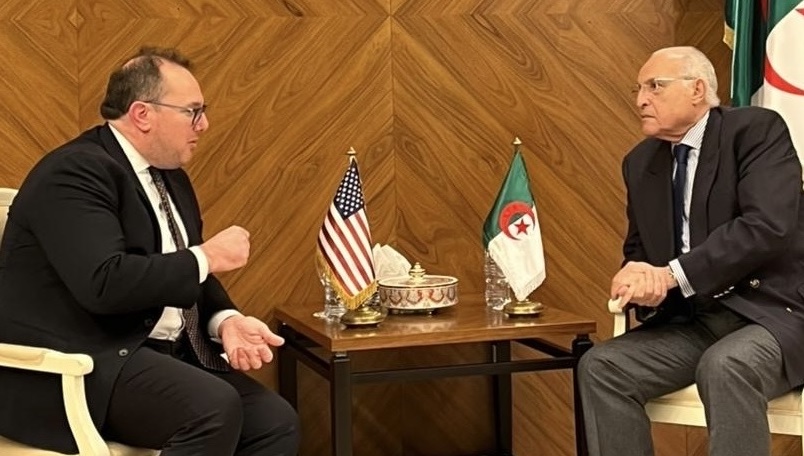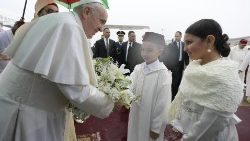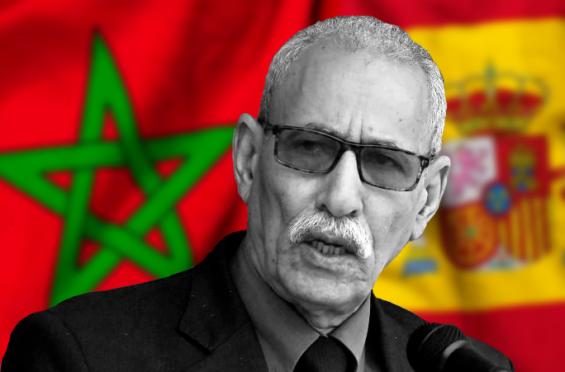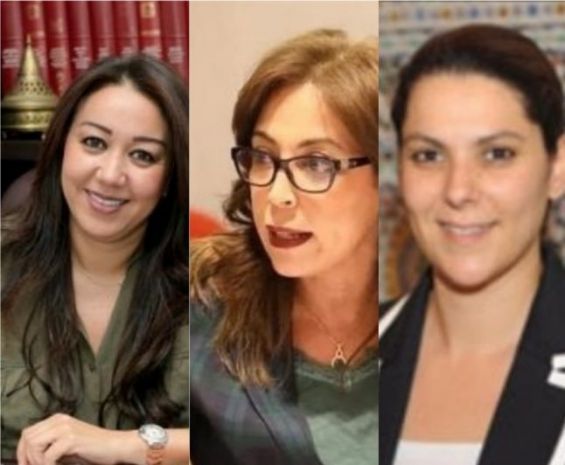The US is clearly blaming Algeria for perpetuating the Sahara conflict by hampering UN efforts to reach a mutually acceptable political solution based on compromise, in line with Security Council resolutions which since 2007 have been describing Morocco’s autonomy plan as serious and credible.
This was the summary of an interview with Deputy Assistant Secretary Joshua Harris published by the US embassy in Algiers.
Harris said his visit to Algeria was all about urging the country to contribute to facilitating the mission of the UN envoy Staffan De Mistura to speed up the political process to find a lasting political solution to the Sahara conflict.
In choosing Algeria as an interlocutor on the Sahara issue, the US sends a clear message that Algiers is the real party to the conflict, vindicating Morocco’s position that no political solution is fathomable without the active involvement of Algeria, the paymaster, protector, and donor of the Polisario militias.
“We are serious about using our influence to enable a successful UN political process,” said Harris, whose country recognized Morocco’s sovereignty over the Sahara territory in 2020 and lauded the autonomy plan as serious and credible.
“The UN Security Council is clear the process should reflect a spirit of realism and compromise about the circumstances on the ground right now,” he said.
“We are focused on doing all we can including with our Algerian friends and partners to allow the UN process to succeed,” he added.
His statement between the lines addresses the root cause of the obstacles facing the UN process: Algeria’s obstinacy and its pre-judgement of the UN process through the creation of a self-proclaimed republic operating in its territory as well as its armed support to the Polisario militias.
Since 2020, the Polisario separatists unilaterally withdrew from the UN ceasefire and have since then conducted skirmishes with dangerous escalation in November when they attacked civilians in Dakhla, killing one and injuring others.
“Military escalation is very dangerous, especially at this moment of great pressure across the region, with the events in Israel and Gaza and alarming attempts by Houthi groups to create a broader regional conflict. This only further underscores the danger of military escalation in Western Sahara,” said Harris.
The fact that he put the Houthis and the Polisario in the same basket is indicative of concerns of the US of a growing Iranian influence in North Africa where the Algeria-backed militias could serve as a new Tehran proxy.
Morocco had cut ties with Iran in 2018 due to its support to the Polisario.
“Any targeting of civilians we consider to be completely unacceptable. So more than ever, there’s great urgency for a political process to prevent further unraveling. The United States is very focused on creating circumstances for the political process to finally yield movement,” Harris said from Algiers.
He reiterated the need for “realism and compromise,” two concepts that break away with Algeria’s anachronism and zero-sum game approach towards the Sahara issue.
On bilateral ties, US officials also voiced hope that Algeria would “be honest and direct with us.”
Algeria has in recent month showed a great deal of ambivalence courting Russia and begging for its protection as Tebboune did during his Moscow visit earlier this year, when he called for undermining the dollar and described Putin as the “friend of humanity.”



